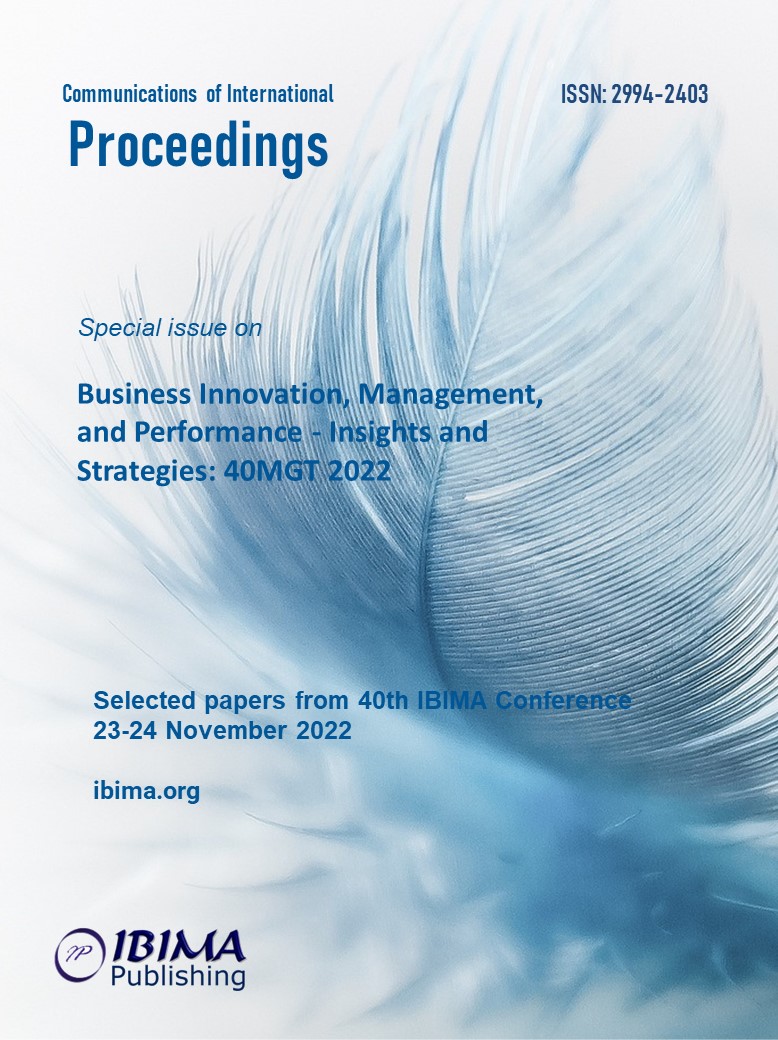
Ewa MACKOWIAK
University of Economics in Katowice, Poland

The micro, small and medium-sized enterprises sector is a dominant group of actors in the European economy. In the Member States of the European Union, almost 2.6 million entrepreneurs are engaged in economic activity. Small and medium-sized enterprises account for 99.8% of the total non-financial corporations . Predominant companies are micro-enterprises which represent 92.4%, small companies represent 6.4%, while medium represent 1% only.
The expectations of the environment of today’s enterprises are far greater than that of the business related only. The enterprise is not only perceived as a supplier of relevant products and services, but as an entity obliged to protect and strengthen the social context in which it operates. This responsibility is justified by the fact that the enterprise is the creation of a society at a particular stage of the civilization’s acquis and development, and that enterprises operate, relying on the collective effort of their employees, using technical and social division of labour, operate in an accountable interaction with the broader social environment relevant to the historically shaped development of society and achieve the objectives and values stemming from their widely realized, socially accepted hierarchy.
Since the end of the 20th century, most companies have been aiming to maximize company value. Maximizing profit as a parent of the enterprise has been replaced by maximizing its value. Modern methods of financial analysis recognize as an essential element in the management of the company the weighted average cost of capital, which is clearly different from the traditional approach. In recent times, it is assumed that the overriding aim of the company’s activities is maximizing its value. Of course, this objective is coincided with the behavioural theory of enterprises, since maximizing the value of the company usually corresponds to maximizing the value of all stakeholders.